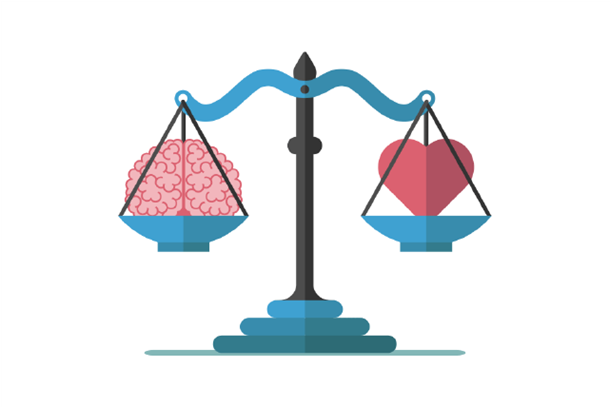 Martin is meeting with a client for the first time. The client has retained Martin to represent him in his divorce proceedings and is becoming increasingly upset as the meeting progresses. Martin now has difficulty eliciting responses to his questions and is becoming frustrated.Catherine’s client is involved in a lawsuit. The parties have been negotiating an out-of-court settlement for weeks but repeatedly face obstacles. She is on her way to a meeting with the other party and worries they might not be receptive to her offer.Uncertainty has reigned in Simon’s workplace since the announcement was made that his firm would merge with another. Simon is a senior partner and shoulders much of the responsibility for raising the team’s morale throughout this transition.
Martin is meeting with a client for the first time. The client has retained Martin to represent him in his divorce proceedings and is becoming increasingly upset as the meeting progresses. Martin now has difficulty eliciting responses to his questions and is becoming frustrated.Catherine’s client is involved in a lawsuit. The parties have been negotiating an out-of-court settlement for weeks but repeatedly face obstacles. She is on her way to a meeting with the other party and worries they might not be receptive to her offer.Uncertainty has reigned in Simon’s workplace since the announcement was made that his firm would merge with another. Simon is a senior partner and shoulders much of the responsibility for raising the team’s morale throughout this transition.
These situations have one thing in common : In each case, a successful outcome depends more on emotional intelligence than on “book smarts.”
Traditionally, workplace success hasn’t been tied to soft skills like emotional intelligence or EQ, but that’s changing as research demonstrates the benefits of tapping into EQ instead of relying solely on IQ. For example, emotional intelligence can help lawyers:
- Provide better customer service and interact more effectively with clients who are in a vulnerable state;
- Create better teamwork with colleagues through better communication, resulting in improved group dynamics and reduced conflict;
- Hone leadership skills to advance at work
How can EQ help improve the situation in our three examples?
Martin’s challenges: Self-awareness, self-management and social awareness
Martin should recognize that he is feeling frustrated due to his client’s inability to communicate clearly. He should also empathize with his client and be understanding of the fact that divorce proceedings are challenging for the parties involved and may render them vulnerable. This would allow him to be more patient with his client and more attuned to his needs – legal or otherwise.
Catherine’s challenge: Social awareness
Catherine should focus on the emotional climate in the room during her meeting. Being aware of the power dynamics at play and having a good understanding of others’ moods can help her strategize and present an offer that is more likely to be accepted.
Simon’s challenges: Social awareness and relationship management
As a leader, Simon’s role is to help his team through the transitional period. Diplomacy, empathy and strong leadership skills will help him get his team through the changes they are facing.
